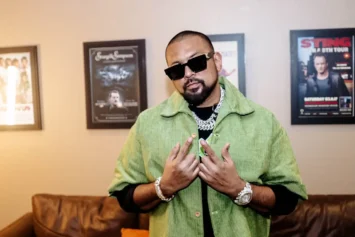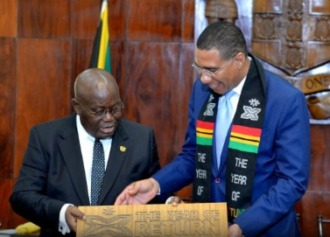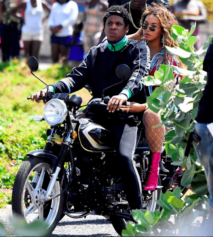The fallout from the recent ballot initiatives passed in both Washington and Colorado to decriminalize the possession of small amounts of marijuana is being felt well beyond the borders of the two U.S. states.
Like a number of other nations trying to corral a lucrative drug trade, Jamaicans have taken notice as they debate whether to decriminalize the use of marijuana.
The Reverend Karl Johnson told The Gleaner newspaper on Sunday that it is time for Jamaica to do just that.
“I think many of us have long advocated for that in circumstances that would point to marijuana not being used for export,” Johnson said.
His comments come against the background of a Sunday Gleaner article on the weekend in which local parliamentarians have supported a move by Washington and Colorado to decriminalize and regulate the possession of an ounce or less of marijuana by adults over 21.
Under the law in both states, the trafficking, growing and selling of marijuana to family members and friends would still be illegal.
Proponents of the new laws think they could cut Mexican drug cartel earnings from traffic to the U.S. by as much as 30 percent as potential buyers flock to the cheaper, domestically-grown marijuana.
Opponents, however, questioned some of the study’s assumptions, saying the proposals could also offer new opportunities for cartels to operate inside the U.S. and replace any profit lost to a drop in international smuggling. They also warn that a post-legalization federal crackdown could make domestically-grown marijuana uncompetitive with Mexican pot in many states, meaning cartels would see less of a cut in profits.
Only time will tell. In the meantime, the debate rages on in Jamaica.
Decriminalization is a system that punishes offenses by means of alternative sentencing rather than imprisonment or incarceration and is a concept gaining steam in Jamaica. In the case of marijuana, it is usually limited to possession and growth of small quantities, and the sale of small amounts to adults.
In 2003, a government-appointed commission recommended decriminalization of marijuana. However, citing possible economic sanctions, successive governments have continued the prohibition.
Legislators, including Justice Minister Mark Golding, noted that Jamaica could follow suit without any backlash from the U.S. federal government.
“Decriminalization, in my mind, is a rational step to take,” Johnson said, while noting that many youth have had blemishes on their police records because they have been caught using small quantities of marijuana.
Johnson was quick to distinguish though between decriminalization and legalization, emphasizing that he was speaking as a citizen and not on behalf of any organizations of which he is a member.
But some clergymen will not be moved.
The Reverend Sylvester O’Gilvie, one of the pastors at Church on the Rock maintains that it would not be a good idea to decriminalize even the smallest use of marijuana.
“I would not support it,” he said. “Whatever it is that can destroy the human mind and body, I am against it.”
He admitted there was evidence to show that marijuana and other plants could be used for medicinal purposes, which he would support. But he remained strongly opposed to any personal use of the drug.
“It doesn’t matter if it’s just an ounce,” he said. “Most times people get addicted to any drugs, you started with a small portion.”
O’Gilvie further cautioned that there is no guarantee the users will keep within the law if it were changed.
“If they get addicted, people will start to store more than just an ounce,” he said.


